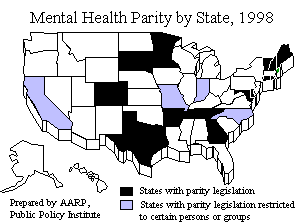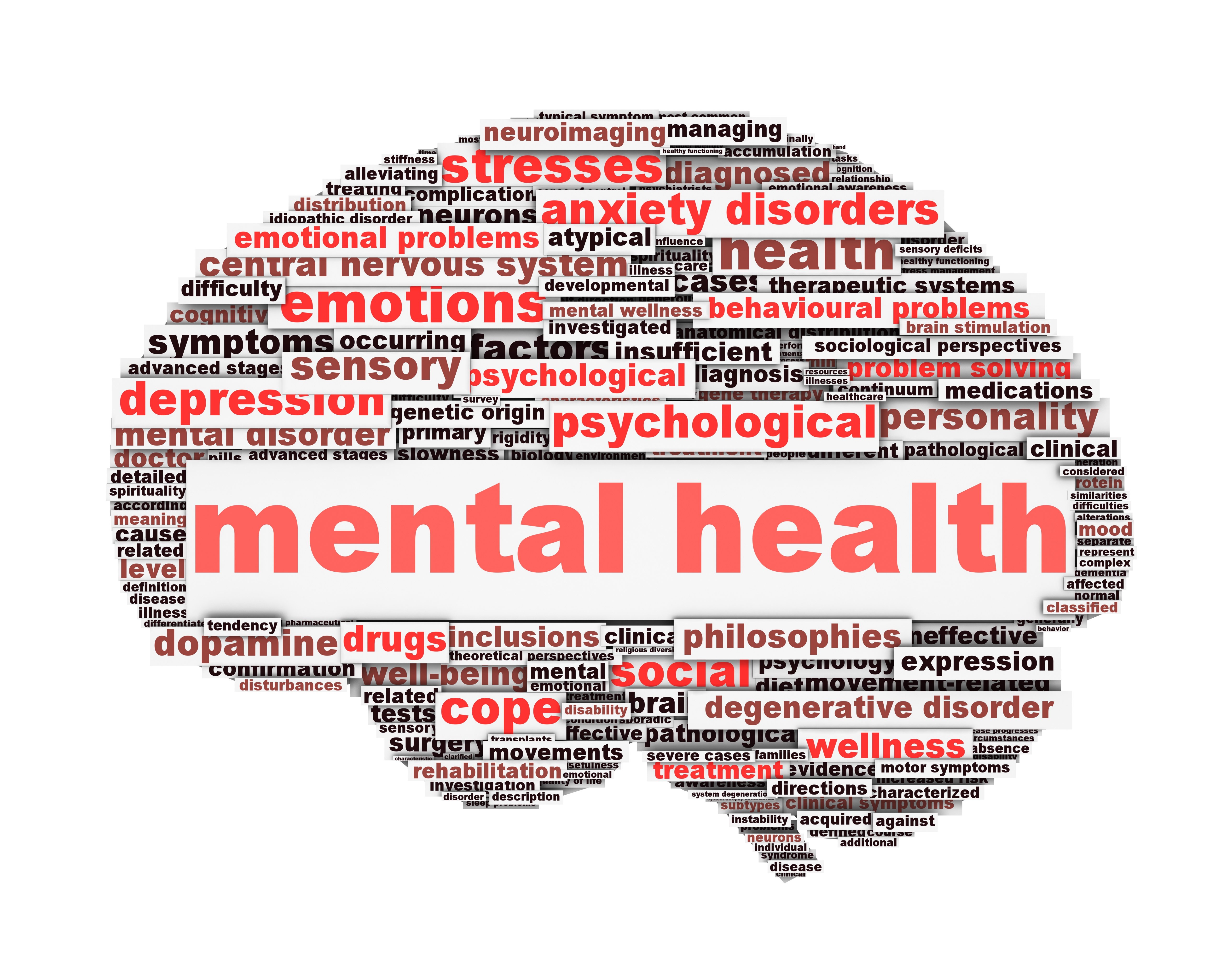Evidence shows rates of comorbidity of drug and alcohol usage and psychiatric problems are thought to be increasing (SEU, 2004). Preconception can impact numerous elements of individuals's lives. Even a brief episode of mental illness can have far-reaching results on wellness, interrupting work, families, relationships and social interactions, impacting on the health and wellbeing not just of clients, but also of their friends and families.

Preconception can be a barrier to seeking early treatment; often individuals will not seek expert help up until their symptoms have actually become major. Others disengage from services or therapeutic interventions or stop taking medication, all of which can cause relapse and impede healing. If mental disorder is treated early enough, it can minimize additional ill health, and ultimately the risk of suicide.
The International Council of Nurses (2008) said nurses are essential in assisting with the "promo, prevention, care, treatment and rehab of people living with mental health issue and assistance of their families and communities". It is therefore vital to minimize the stigma surrounding psychological health and stop these aspects impinging on people's mental wellness.
These consisted of guidance on "social addition, health promo, taking on preconception and the promo of chances for a normal pattern of life". The DH (2001) concluded that "everybody has psychological health needs, whether they have a medical diagnosis of mental disorder". Box 1 features recommendations of methods to help in reducing the stigma experienced by psychological health service users.
Regardless of nationwide campaigns, there has not been a considerable change in the method the public perceive mental health problem. While much research has been brought out to explore the general public's perception of mental disorder, future research study should explore the experiences of service users and their families, carers or individuals close to them to comprehend and measure the effect that preconception has on their lives.
Food For Thought: How Nutrients Affect Mental Health for Beginners
Preconception can affect many elements of individuals's lives Self-stigma is the process in which individuals turn stereotypes towards themselves How the basic public perceive people with mental health issue depends upon their medical diagnosis Stigma can be a barrier to seeking early treatment, trigger regression and hinder recovery Future research study need to examine the experiences of service users and their families to comprehend and determine the impact of stigma (2009) Perceived preconception amongst people with typical mental illness.
( 2005) The stigma of mental disorder in Germany: A pattern analysis. International Journal of Social Psychiatry; 51: 276-284. (2009) Psychiatry in the Media. London: Royal College of Psychiatrists. (2009) Mental disorder stigma and disclosure: effects of coming out of the closet. Issues in Mental Health Nursing; 30: 509-513. (2010) 'I desire to be bipolar' a brand-new phenomenon.
( 2004) How preconception disrupts mental healthcare. The American Psychologist; 59: 7, 614-625. (2001) Prejudice, social distance, and familiarity with mental disorder. Schizophrenia Bulletin; 27: 219-226. (2005) Stigmatization of people with mental disorders: a follow-up study within the Changing Minds project of the Royal College of Psychiatrists. World Psychiatry; 4: 106-113.
The British Journal of Psychiatry; 177: 4-7. (undated) Preconception. (2004 ). (2001 ). London: HMSO. (1999 ). London: HMSO. (2004) Preconception: the sensations and experiences of 46 individuals with mental disorder. British Journal of Psychiatry; 184: 176-181. (2008 ). Geneva: ICN. (2010) Correlates and effects of internalized stigma for people living with mental disease: A systematic review and meta-analysis.
( 2009) A decade of stigma and discrimination in psychological health: plus a change, plus c'est la mme selected (the more things alter, the more they remain the same). Journal of Psychiatric and Mental Health Nursing; 16: 501-507. (2010) From Discrimination to Social Inclusion - how does mental health affect a person's job. A Review of the Literature on Anti Stigma Initiatives in Mental Health.
The smart Trick of How Do Genes Affect Mental Illness Examples That Nobody is Talking About
Dealing with the difficulty of a psychological health condition is hard enough. However another layer of pain includes psychological health conditions: dealing with other's responses to them. Mental health preconception explains the unfavorable attitudes held by individuals and society toward those with injury, anxiety, anxiety, substance use disorder, and other psychological health obstacles.
Additionally, access to treatment is needed now especially, as 70 percent of teenagers are experiencing an increase in mental healthrelated signs as a result of the pandemic. Surprisingly, however, the truth that numerous people are suffering might have the unforeseen result of lowering mental health stigma. New studies show that teenagers are driving the motion to decrease stigma.
More than 1,500 United States teens in between the ages of 13 and 19 took part. They originated from diverse backgrounds and geographic locations across the country. The outcomes revealed that youths have a keen understanding of the mental health challenges their generation deals with. Here are a few of the findings of the study associated to this age's understandings around mental health struggles and treatment.
64 percent think that living through the pandemic https://cocaine-information.drug-rehab-florida-guide.com/ will have a long lasting influence on their generation's psychological health. 82 percent of those surveyed prompted Americans to talk more openly and truthfully about psychological health issues83 percent concurred with the declaration "It is very important for people to take action with their mental health." 79 percent wanted that their schools would provide a safe, inclusive area where students could come together to talk about mental health.
Thus, beginning in the late 16th and early 17th centuries, the word ended up being a negative term. Nevertheless, preconception around psychological health conditions is traceable back to ancient Greece. In addition, it also traces back to the medieval and Renaissance periods in Europe. Throughout these times, individuals frequently thought that psychological health problem was brought on by demonic possession.
What Does How Do Genes Affect Mental Illness Examples Mean?

It took years for higher awareness around mental health problems to filter into both the treatment market and into society at big. And even today, stigma around psychological health prevails. In truth, one study measuring mindsets towards mental disease found that just 25 percent surveyed were sympathetic to mental health challenges.
There is stigma connected with drug dependency and stigma connected with mental disorder. Erving Goffman, a kept in mind sociologist, studied stigma in the 1970s. He describes preconception as "the phenomenon whereby an individual with an attribute which is deeply discredited by his/her society is rejected as an outcome of the attribute - how does aids affect mental health." Stigma around psychological health or other conditions leads toSocial exemption and isolationDecreased self-esteemDiscriminationLack of an encouraging communityDifficulty finding education or work opportunitiesLimited access to quality health care.
Individuals hesitate to divulge that they have mental health issues. They fear they will be treated differently. how does school affect mental health. When those with mental health conditions don't get help, they self-medicate. They utilize drugs, alcohol, or cigarettes. In addition, they participate in self-destructive habits such as binge-eating or other eating conditions. Therefore, stigma can lead to teenage drug abuse and eating disorders.
Adolescents typically try to find interruption as they attempt to leave both the discomfort of a mental health issue and the discomfort of the resulting stigma. With time, these behaviors can increase the threat of persistent illness and poor health. Therefore, studies discover an increased risk of death at more youthful ages for individuals with mental disorder.